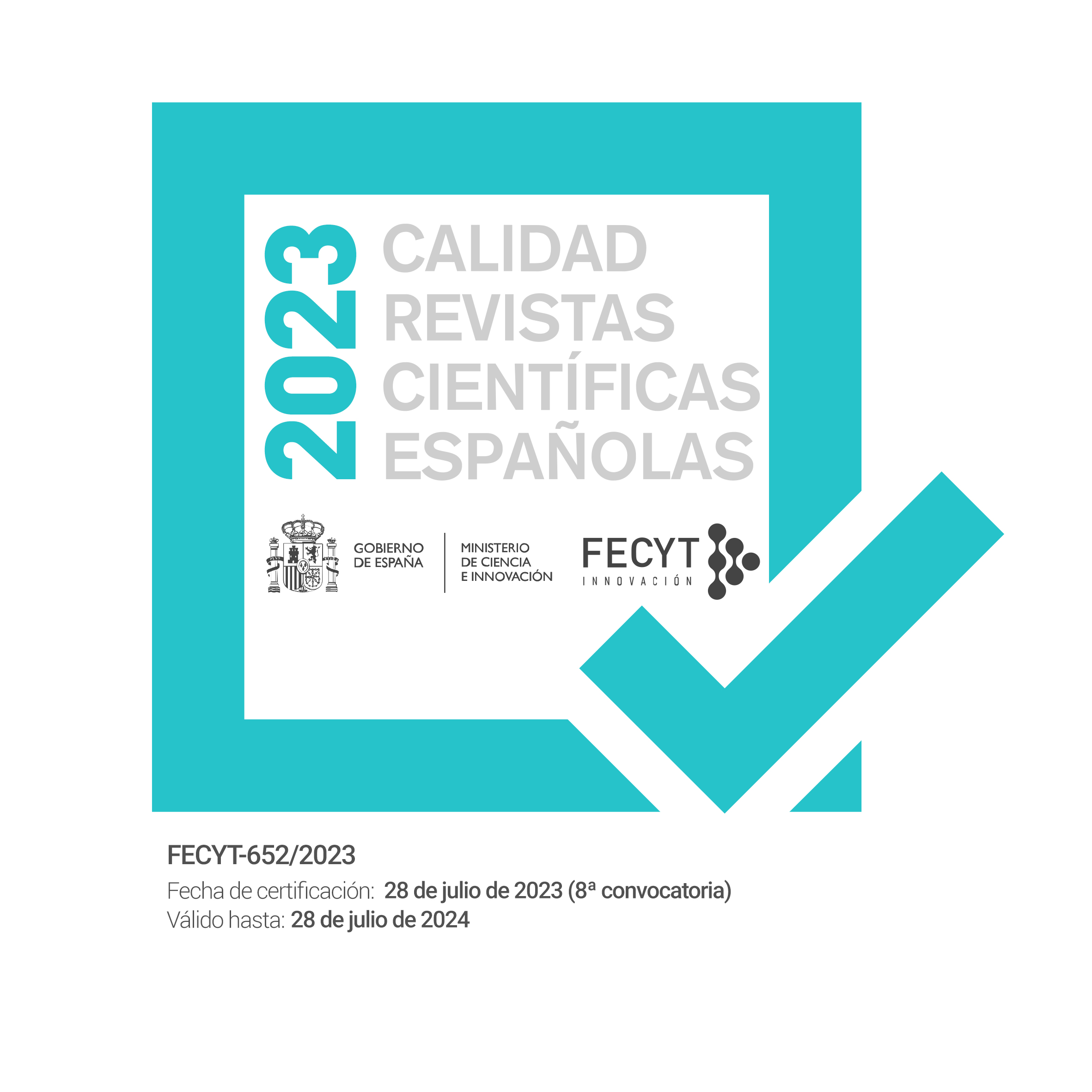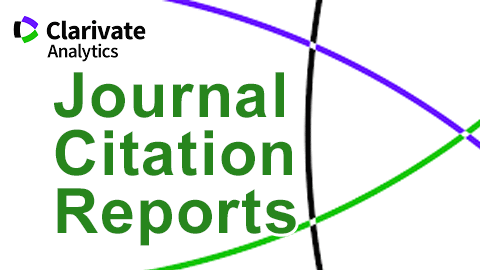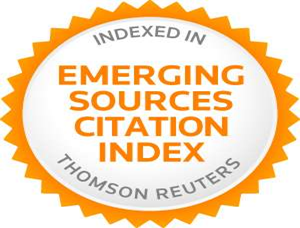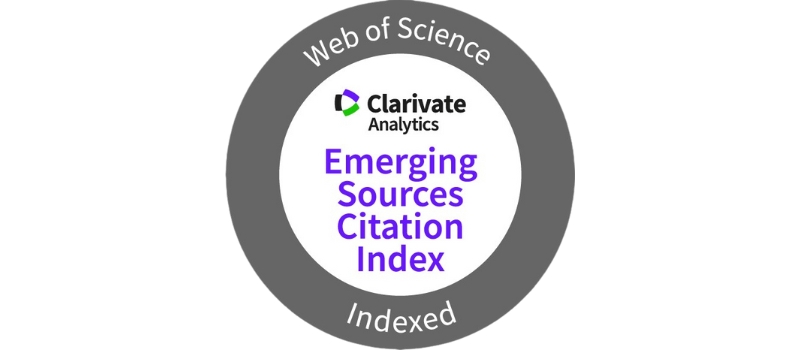Knowledge-based rules for the extraction of complex, fine-grained locative references from tweets
Resumen
The automatic analysis of user-generated text content from social media involves the challenge of extracting the locative references mentioned in microtexts, so that their geographic coordinates can be identified and the locations can be pinpointed on a map in geolocation systems. The goal of this article is to describe a knowledge-based model that captures a wide variety of locative references, ranging from geopolitical entities and natural landforms to points of interest and traffic ways.
Descargas
Estadísticas globales ℹ️
|
347
Visualizaciones
|
299
Descargas
|
|
646
Total
|
|
Citas
Ahlers, D. (2013). Assessment of the accuracy of GeoNames gazetteer data. In Proceedings of the 7th Workshop on Geographic Information Retrieval - GIR ’13 (pp. 74-81).
https://doi.org/10.1145/2533888.2533938
Ahmed, M. F., Vanajakshi, L., & Suriyanarayanan, R. (2019). Real-Time Traffic Congestion Information from Tweets Using Supervised and Unsupervised Machine Learning Techniques. Transportation in Developing Economies, 5(2). https://doi.org/10.1007/s40890-019-0088-2
Descargas
Publicado
Cómo citar
Número
Sección
Licencia
Reconocimiento – No comercial (CC BY-NC). Bajo esta licencia el usuario puede copiar, distribuir y exhibir públicamente la obra y puede crear obras derivadas siempre y cuando estas nuevas creaciones reconozcan la autoría de la obra original y no sean utilizadas de manera comercial.
Los autores retienen todos sus derechos de publicación y copyright sin restricciones.











